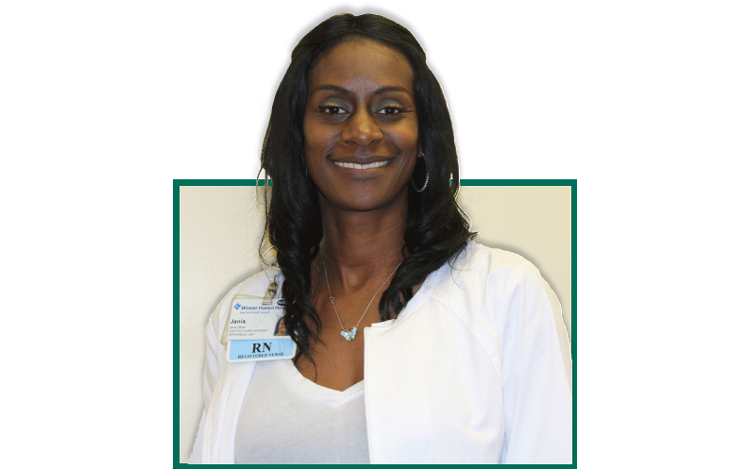
Health News
Features
-
Pop quiz on getting a nursing education
Test your knowledge before you join this fast-growing field THEY’RE EVERYWHERE: in schools, hospitals, in our homes, at the doctor’s offices, in military installations, and more. They’re nurses, and they belong to one of the fastest-growing job segments in the country.
-
Take it from a nurse who knows!
Four things you should expect during your hospital stay FROM THE TIME you arrive and are admitted, throughout your treatment, and until the time you are discharged, there are some essential things you should expect from your healthcare team during your hospital stay. Your nurse, especially, will have a key role in the process from…
Columns
-
Kybella Injections Target Fat in Chin, Neck
If you’re self-conscious about the appearance of your chin and neck area, Kybella might be for you. Kybella is the commercial name for deoxycholic acid, a product that kills fat cells. This acid actually already exists in our bodies, just in the digestive system. It breaks down fats so they’re more easily digested. It can…
-
What is Bell’s Palsy?
By: Edward Attaway, O.D. Bell’s Palsy is a condition in which one side of the face typically experiences temporary paralysis, often lasting from 3-6 months. It results from a dysfunction of the 7th cranial nerve, also referred to as the facial nerve, which controls the muscles on the side of your face. Affected muscles include…
-
When Do You Visit the Doctor for Hives?
Hives are itchy patches of skin that turn into swollen, itchy welts. They can vary in size. Chronic hives are defined as hives that last for more than six weeks and return over the course of months or years. The cause of chronic hives is often unknown. These welts are caused by some reaction that…




